Ankara, 12 Jumadil Akhir 1437/22 Mar 2016 (MINA) – The Assad regime is violating the humanitarian aspect of Syria’s cessation-of-hostilities agreement by blocking the delivery of humanitarian aid to besieged areas.
Since the agreement came into effect late last month, humanitarian assistance — dispatched by the UN — has been successfully delivered to Muaddamiyah, Zabadani and Eastern Ghouta in Damascus, along with Fua and Qafraya in Idlib province, Anadolu Agency quoted by Mi’raj Islamic News Agency (MINA) as reporting.
The cease-fire agreement, which is supported by both Washington and Moscow, came into effect on Feb. 27 with the understanding that humanitarian assistance would be allowed into to civilian areas.
Humanitarian aid, however, has yet to reach the Yarmouk refugee camp, along with Darayya, Jayrud, Ruhaybah, Kanaker, Tadamun and Hajar al-Aswad — all located near capital Damascus.
Also Read: Finland’s Largest Retailer Halts Israeli Product Sales
On Tuesday, trucks laden with aid are expected to reach Homs, where regime forces have previously blocked humanitarian convoys, according to local sources.
On March 17, Jan Egeland, an advisor to the UN’s special envoy to Syria, said the world body had still not received permission from the regime to enter six out of 18 besieged areas.
According to local sources, the northern city of Rastan in Homs province has gone without aid for the past seven months, which, they said, had led to severe bread shortages.
In the town of Houla in northern Homs, meanwhile, the humanitarian situation has steadily deteriorated. While basic foodstuffs (sugar, rice, eggs, etc.) can be purchased at extremely high prices, oil and wheat have all but disappeared from the market.
Also Read: 1,000th Western Military Supply Plane Lands in Israel Since Gaza War
Stealing aid
Some local sources say that humanitarian assistance is being stolen in some cases, while also warning of an acute shortage of medical equipment.
According to Hossam Madayi, a member of a local committee in Madaya (a town in the Rif Damashq province), regime forces had pilfered humanitarian aid that had been sent to the town.
On March 3, UN spokesman Farhan Haq complained that the Syrian regime had consistently blocked the delivery of aid to certain parts of the war-torn country.
Also Read: Harvard Builds Archive of Israeli Life, Preparing for “May Not Survive”
According to the UN World Food Programme, roughly 485,000 people in 18 besieged areas of Syria — the most notable of which is Madaya — face rapidly deteriorating conditions due to the lack of humanitarian assistance.
Those 18 besieged areas are: Madaya, Muaddamiyah, Eastern Ghouta, the Yarmouk refugee camp, Zabadani, Jayrud, Kanakir, Tadamun, Hajar al-Aswad and Darayya (all in Damascus); Talbiseh, Rastan, Houla and Vaer (in Homs); Fua and Qafraya (in Idlib); and the center of Deir al-Zour province. (T/P010/R07)
Mi’raj Islamic News Agency (MINA)
Also Read: German Opposition Party Urges End to the Suppression of Pro-Palestinian Movement





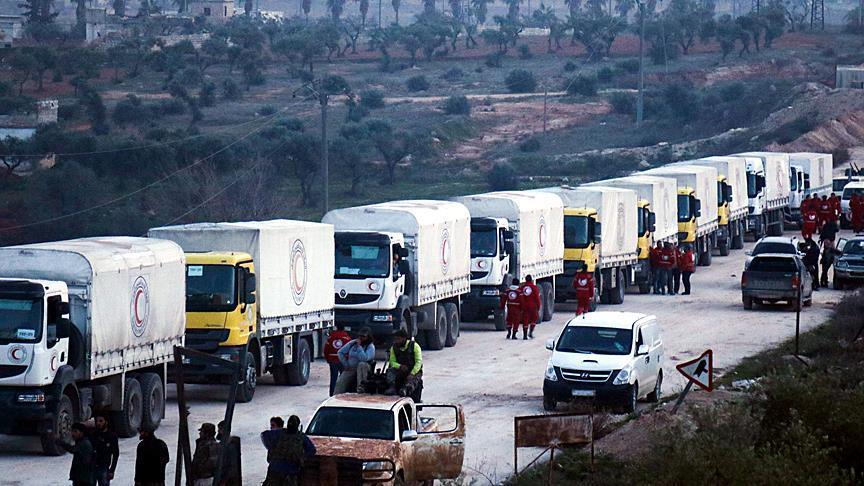


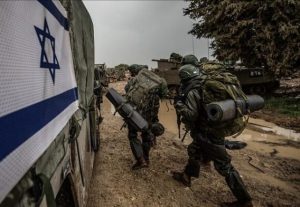



![Israeli tanks and APC’s gather by the Israeli – Lebanese border. Amid Israel’s escalating campaign against Hezbollah in Lebanon on September 30, 2024. [Erik Marmor/Getty Images]](https://en.minanews.net/wp-content/uploads/2024/10/IMG_20241001_203226-300x197.jpg)



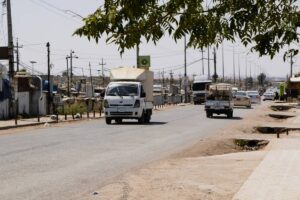

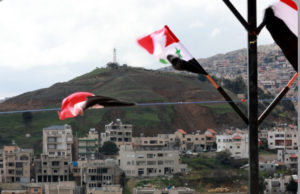

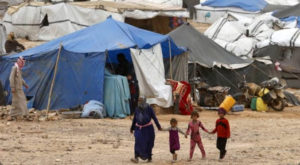















 Mina Indonesia
Mina Indonesia Mina Arabic
Mina Arabic